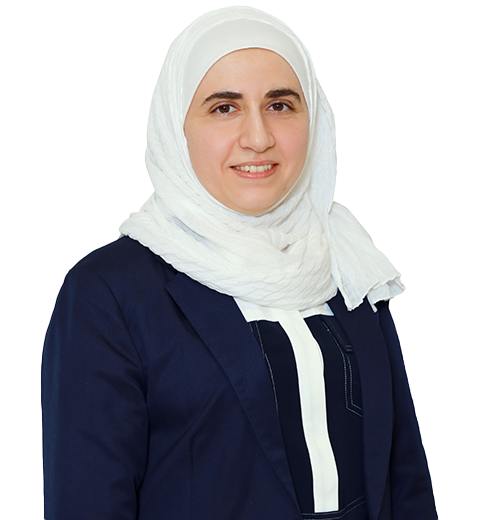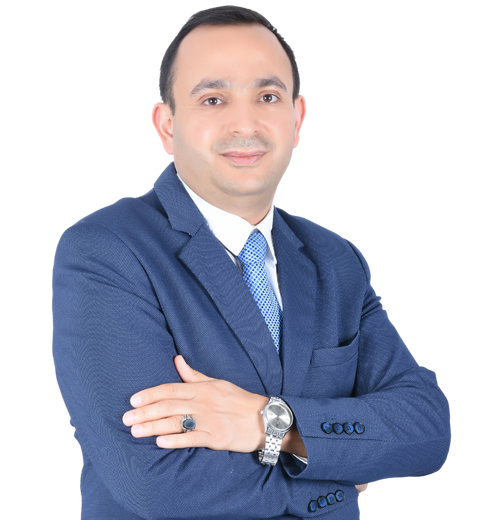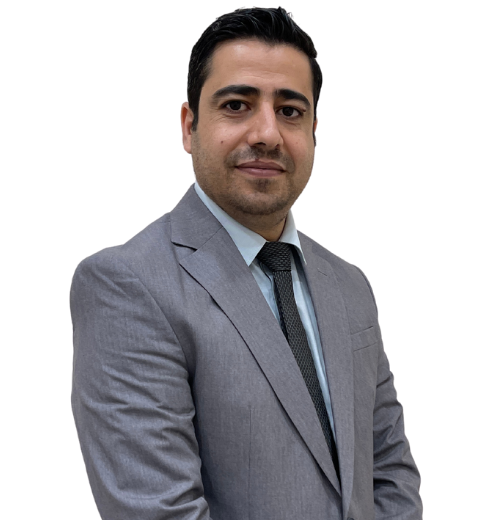Primary Immunodeficiencies (PIs) are a family of over 300 rare, chronic disorders that impair the body’s ability to fight infection. PIs are not just a single disease. They encompass a group of conditions caused by defects in different parts of the immune system, which protect against infection and disease. PI can affect anyone, regardless of gender, race, or age. This blog will explain what PIs are, how they impact people’s lives and the importance of early diagnosis and treatment.
What are the Types of PI?
Antibody Deficiencies: Individuals with this type of PIDD have insufficient antibodies to fight off infections. Such deficiencies can be caused by a lack of B-cells or a deficiency in the B-cells themselves.
Phagocytic Deficiencies: This type of PIDD causes a reduction in phagocytes, which are white blood cells needed to destroy pathogens and clear up infections. Chronic, recurring infections characterize it.
Cellular Deficiencies: Cellular deficiencies result in reduced numbers of T-cells and NK cells and often cause viral infections and cancerous tumors. This type of PIDD can also cause chronic lung disease.
Complement Deficiencies: Complement deficiencies are a group of rare, inherited conditions that result in a decrease or absence of complement proteins. The complement system is a set of blood proteins that help fight infection. Decreased levels of these proteins can increase the risk for certain infections.
Combined Immunodeficiencies: This type of PIDD is characterized by low numbers of T-cells and B-cells, which are both needed for a properly functioning immune system. It can also result from a lack of natural killer cells (NK cells).
What Causes PI?
The causes of PIs vary from person to person and depend on which part of the immune system is affected. Some PIs are caused by a deletion or mutation in a specific gene responsible for developing certain parts of the immune system. In other cases, the cause of PI is unknown. In general, PIs are caused by:
- A single gene defect passed down through families
- Spontaneous genetic changes (mutations) before or after birth
How is PI Treated?
Treatment for PI is individualized based on the type and severity of each patient’s condition, including medication, replacement therapy, surgery, or prophylactic treatments.
The first step is to get a proper diagnosis. This involves the doctor collecting as much information about you and your family as possible, including medical history, genetics, and whether or not there have been any infections. Your doctor may also conduct a physical exam.
Antibiotics are often prescribed for patients with PI to help treat infections caused by bacteria or fungi. Immunoglobulin replacement therapy (IVIG) is also sometimes used to replace the immunoglobulin protein to boost your immune response.
Another option is Bone Marrow Transplantation (BMT), which replaces the bone marrow responsible for creating white blood cells—you may also hear this referred to as Hematopoietic Stem Cell Transplantation (HSCT).
Some other common treatments involve surgery or prophylactic treatments.
Who Can Get PI?
Everyone can get primary immunodeficiencies, but some people are at a higher risk. PI can be hereditary, so if you have a family member with the disease, you may be more likely to get it. People with other immune diseases also face a higher risk of getting PI. If you think you or someone in your family is at risk for primary immunodeficiencies, talk to your doctor.
What are the Symptoms of PI?
Primary Immunodeficiency (PI) is passed down through families and has no obvious symptoms during childhood. However, a person with PI might be prone to frequent, long-lasting, or unusual infections.
- Frequent Sinus infections
- Ear infections
- Pneumonia
- Skin infections
- Bronchitis
- Recurrent diarrhea or gut problems
Can I Prevent PI?
You can’t prevent primary immunodeficiencies (PI). But there are many things you can do to lessen their impact.
See a doctor regularly. Because of your weakened immune system, it’s important to see a doctor regularly so they can monitor your health and help you catch problems early.
Eat healthy foods. Eating healthy foods and getting regular exercise help boost your immune system and fight off infections.
Wash your hands often. Washing your hands frequently can help stop the spread of germs that cause colds, flu, and other infections. Make sure your children know how to wash their hands properly too.
Don’t smoke or be around smokers. Secondhand smoke is especially dangerous for people with compromised immune systems—it irritates the lungs and causes respiratory infections.
Avoid crowds during cold and flu season. Since colds and the flu are very contagious, avoid places where many people gather during peak infection periods. If you must go out, wear a mask to minimize exposure to germs.
How is PI Diagnosed?
An individual with a PI will often get frequent infections that cannot be cured with typical antibiotic treatment. However, some individuals will have chronic (long-term) health problems due to an undiagnosed PI. This may include autoimmune diseases, chronic lung disease, and liver disease.
If you or your child has frequent infections, talk to your Pediatrician about screening for PI using blood tests to look at the number and function of different types of white blood cells and enzymes called complement proteins. These tests can help determine if you or your child may have a PI.























































